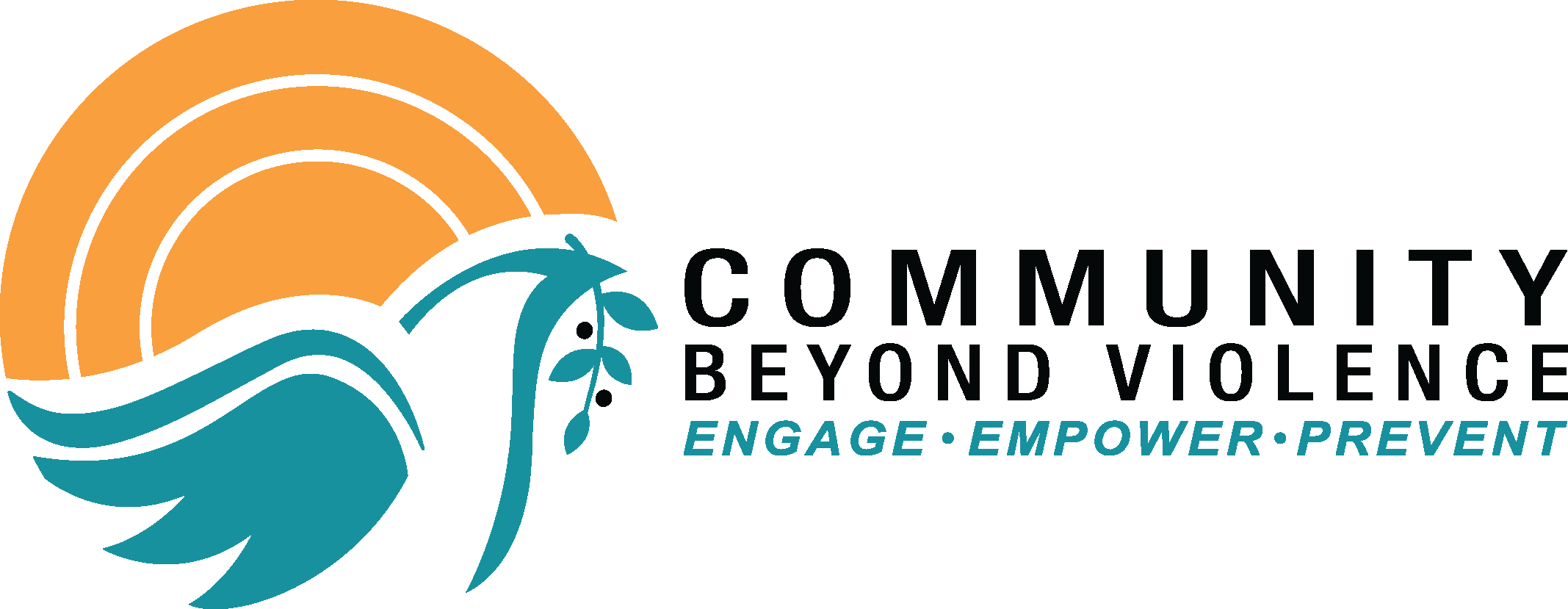I Need Help
All services are free, confidential and non-discriminatory
Emergency Response
Evidentiary Exams
-
If you have been sexually assaulted, you may obtain an evidentiary exam (aka a rape kit) at no cost to you. See below for more information.
-
All evidentiary exams are performed in Sacramento, CA.
-
If you decide to obtain an evidentiary exam, your advocate will be there every step of the way for emotional support and to explain the procedures involved.
What Is A Rape Kit?
A rape kit is a package of items used by medical personnel for gathering and preserving physical evidence following an allegation of sexual assault. The evidence collected from the victim can aid the criminal rape investigation and the prosecution of a suspected assailant.
Who performs the evidentiary exam?
The Sexual Assault Response Team (SART). The SART team is composed of specially trained medical personnel, law enforcement and a counseling advocate who work together to help the victim through this exam in the least traumatic way possible.
Where are the exams performed?
The BEAR Center, Sacramento, CA. The Bridging Evidence Assessment & Resources (BEAR) Center is a joint program between Sutter Medical Foundation and Sutter Children’s Center, Sacramento. The BEAR clinic performs evidentiary sexual assault exams.
How long is the evidence kept?
California law requires evidence to be kept for 20 years, or until the age of 40 for victims who were under the age of 18 at the time of the assault.
Legal Advocacy and Accompaniment
We offer a variety of legal help and assistance.
-
Advocates will help with exploring legal options such as restraining orders and can also provide local legal referrals.
-
Advocates are available to accompany survivors during court and mediation proceedings.
Restraining Orders
Your advocate can discuss your options to determine if a restraining order would be beneficial. They will help you with filling out the restraining order paperwork to be submitted to the Court. Your advocate will also be available to accompany you to any hearings or other court proceedings.
Our advocates are available to accompany survivors of domestic violence and/or sexual assault through medical, legal and law enforcement processes. In some of these situations, the counselor may also act as an advocate for victims, giving them the support to navigate through unfamiliar territory.
Do you have a hearing date coming up? Let your advocate know!
Housing Case Management
Your content goes here. Edit or remove this text inline or in the module Content settings. You can also style every aspect of this content in the module Design settings and even apply custom CSS to this text in the module Advanced settings.
Confidential 90-Day Shelter
We provide emergency confidential shelter where necessary for survivors of domestic violence and/or sexual assault and their children who are in immediate danger.
We have a local Safe House and clients may stay up to 90 days after their intake. We also provide limited motel room stays to clients on an as needed basis.
We are also very happy that our Safe House is now pet friendly! If you have a pet and are in need of our Safe House services, please let your advocate know at your intake.
Peer Counseling and Advocacy
Our certified and compassionate advocates are here 24/7 for survivors, family and friends.
24/7 Crisis Line: (530)-272-3467
During Business Hours – M, T, W, F 9am-5pm TH 9am-3pm (Excluding holidays)
-
Text: (530) 290-6555
-
Live Web Chat – Click here
Client Service Center – M-F 9am-5pm (excluding holidays)
1020 McCourtney Road, Suite C
Grass Valley, CA 95949
No appointment is necessary!
Support Groups
We offer in-person support groups!
Our support groups are free, confidential and facilitated by certified peer counselors.
Additional Resources
Do you have questions or need assistance? Contact us!
(530) 272-3467 or info@cbv.org
